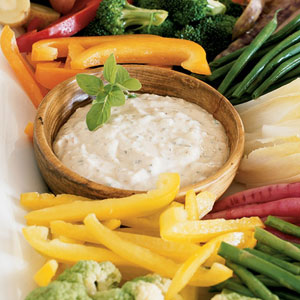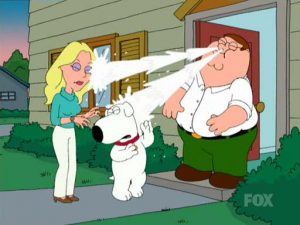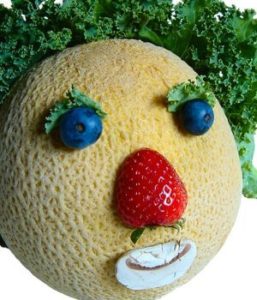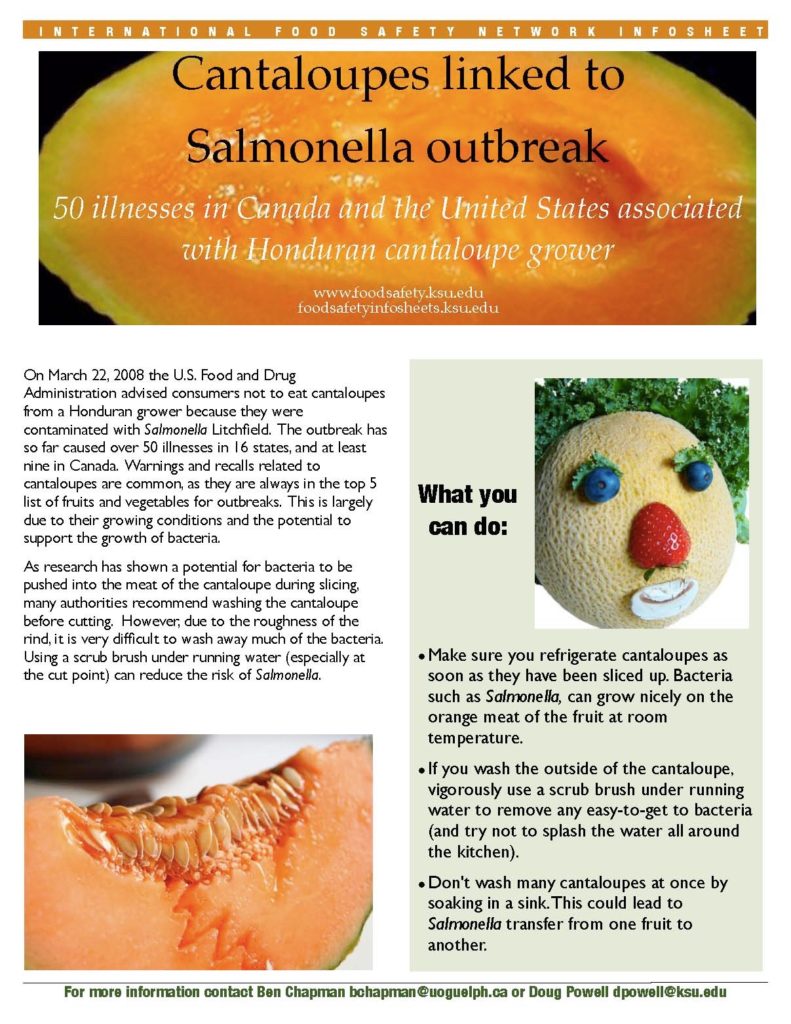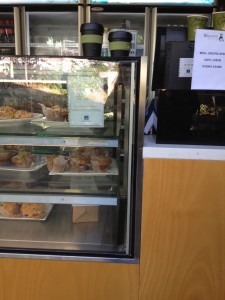In 2018, an outbreak of leptospirosis was identified among raspberry workers from a mixed‐berry farm in New South Wales, Australia. Initial testing had not revealed a cause, but eventually leptospirosis was detected via polymerase chain reaction (PCR). Further serological testing detected Leptospira borgpetersenii serovar Arborea, of which rodents are the predominant reservoir. Leptospirosis is rare in Australia, with outbreaks usually related to flooding. We conducted an investigation to identify risk factors for infection, to inform control measures.
 Cases were detected through laboratory notifications, hospital‐based syndromic surveillance, awareness‐raising among farm employees and clinician alerts. Confirmed cases had a four‐fold rise in antibody titre or single titre ≥400 on microscopic agglutination test, and a positive IgM. Probable cases had a positive Leptospira PCR or IgM, and possible cases had a clinically compatible illness. We conducted a case–control study among raspberry workers on the farm and compared reported exposures between cases and seronegative controls. We assessed environmental risks on‐site and tested rodents for leptospirosis.
Cases were detected through laboratory notifications, hospital‐based syndromic surveillance, awareness‐raising among farm employees and clinician alerts. Confirmed cases had a four‐fold rise in antibody titre or single titre ≥400 on microscopic agglutination test, and a positive IgM. Probable cases had a positive Leptospira PCR or IgM, and possible cases had a clinically compatible illness. We conducted a case–control study among raspberry workers on the farm and compared reported exposures between cases and seronegative controls. We assessed environmental risks on‐site and tested rodents for leptospirosis.
We identified 84 cases over a 5‐month period (50 confirmed, 19 probable and 15 possible). Compared with controls, cases were less likely to wear gloves and more recently employed. Cases also more commonly reported always having scratched hands, likely from the thorns on raspberry plants. We observed evidence of rodent activity around raspberry plants and three of thirteen trapped mice tested positive for Leptospira Arborea. Control measures included enhanced glove use, doxycycline prophylaxis and rodent control.
 This is the largest known outbreak of leptospirosis in Australia. Workers were likely exposed through scratches inflicted during harvesting, which became contaminated with environmental leptospires from mice. Leptospirosis should be considered an occupational risk for raspberry workers, requiring protective measures. Chemoprophylaxis may assist in controlling outbreaks. PCR assists in the early diagnosis and detection of leptospirosis and should be included in surveillance case definitions.
This is the largest known outbreak of leptospirosis in Australia. Workers were likely exposed through scratches inflicted during harvesting, which became contaminated with environmental leptospires from mice. Leptospirosis should be considered an occupational risk for raspberry workers, requiring protective measures. Chemoprophylaxis may assist in controlling outbreaks. PCR assists in the early diagnosis and detection of leptospirosis and should be included in surveillance case definitions.
Investigation and response to an outbreak of leptospirosis among raspberry workers in Australia, 2018
Zoonoses and Public Health
Anthea L. Katelaris, Keira Glasgow, Kerryn Lawrence, Paul Corben, Anthony Zheng, Suhasini Sumithra, John Turahui, Janet Terry, Debra van den Berg, Daneeta Hennessy, Stacey Kane, Scott B. Craig, Ellena Heading, Mary‐Anne Burns, Hanisah L. Corner, Vicky Sheppeard, Jeremy McAnulty




